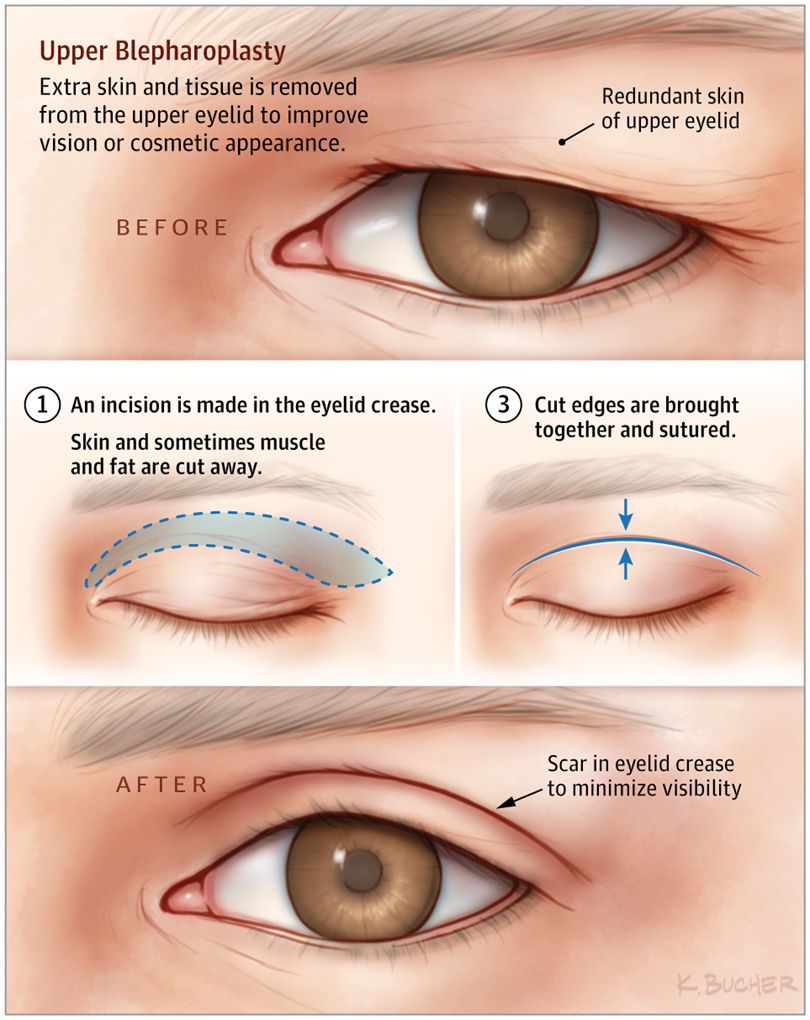(FAQs) about Eyelid Surgery / Blepharoplasty
Yes, eyelid surgery can be performed on both the upper and lower eyelids. The specific areas targeted depend on the individual’s concerns and goals.
Recovery time varies, but patients can generally expect some swelling and bruising for the first week or two. Most people are able to return to normal activities within 7 to 10 days, although strenuous activities should be avoided for a few weeks.
While eyelid surgery can provide long-lasting results, it does not stop the natural aging process. Over time, some degree of aging may continue, but many individuals enjoy the benefits of eyelid surgery for many years.
As with any surgical procedure, there are potential risks and complications. These can include infection, bleeding, scarring, and changes in sensation. A qualified surgeon will discuss these risks during the consultation.
In most cases, eyelid surgery is considered a cosmetic procedure and is not covered by insurance. However, if the surgery is performed for medical reasons, such as addressing impaired vision, insurance coverage may be possible.
Preparing for eyelid surgery involves following the surgeon’s preoperative instructions, which may include avoiding certain medications, quitting smoking, and arranging for someone to assist with transportation after the procedure.
Yes, eyelid surgery can be combined with other cosmetic procedures, such as facelifts or brow lifts, to achieve a more comprehensive facial rejuvenation. This can be discussed during the consultation with the surgeon.
It’s important to choose a board-certified plastic surgeon or ophthalmic surgeon with experience in eyelid surgery. Research their credentials, view before-and-after photos of previous patients, and schedule a consultation to discuss your specific goals and concerns.








